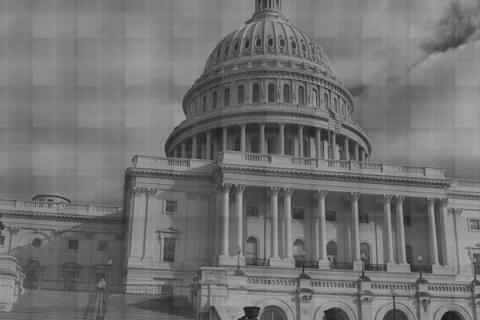Living in the new age of digital journalism, people not only watched as Friday's tragic events unraveled, but they signed in to Twitter to follow the coverage of the Connecticut shooting in real-time. As with any event, however, the risk of misinformation on Twitter grows as we increasingly turn to the social network for news updates and verified information.
Friday was no exception, and journalists, news sources, and users on Twitter fell victim to the spreading of misinformation, resulting in nationwide panic. While some were merely guilty of misinformation, other users turned to Twitter to intentionally spread rumors.
Connecticut State Police Lt. J Paul Vance explained in a press conference Sunday:
"There has been misinformation coming from people posing as the shooter in this case, using other IDs, mimicking this crime, crime scene and criminal activity that took place in this community."He continued, "these issues are crimes, they will be investigated statewide and federally, and prosecution will take place when people perpetrating this information are identified."
In direct violation of Twitter's policy and rules, many of the fake Twitter accounts were suspended by the team at Twitter. As made explicitly clear by Twitter:
"Impersonation is a violation of the Twitter Rules. Twitter accounts portraying another person in a confusing or deceptive manner may be permanently suspended under the Twitter Impersonation Policy."Screenshot from ABC News
There are a number of accounts, however, still in use under Adam Lanza's name. While impersonation is not a crime in many states, the content of the tweets in question violate Twitter's policy against threats.
As discussed previously on IVN, while we are afforded First Amendment protections to speech, laws are in place to safeguard against dangerous, offensive, and inflammatory speech. In this particular instance, online threats or the possible interference with a police investigation could render this speech unprotected, justifying prosecution.
When Shashank Tripathi was found guilty of knowingly spreading false information on Twitter during Hurricane Sandy, New York City Councilman Peter Vallone pushed for legal prosecution.
"I think the consideration of criminal charges will assure this kind of stuff doesn't happen again," he explained.
Despite attempts at reconciliation, we are back in the same place we were at after Hurricane Sandy, faced with a faltering understanding of the legal implications of Twitter.
If there is one lesson to be learned this year, it's that Twitter holds the potential to both empower and ignite members of a community. In the days following the shooting, Twitter was instrumental in mobilizing citizens across the nation.
Those who remain voiceless in Washington were given the opportunity to sign petitions calling for gun control, send tweets directly to our leaders, and voice their sympathies for the victims of Friday's events.
Reversely, Twitter was crowded with messages of hate, misinformation, and fake Twitter accounts, further questioning the First Amendment protections of speech as applied to Twitter.


